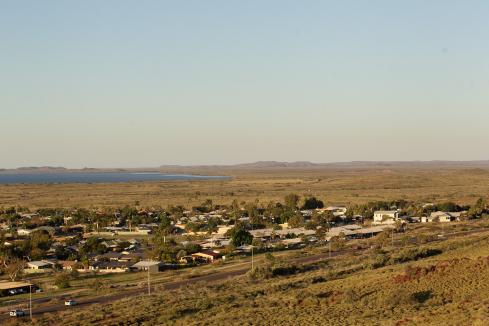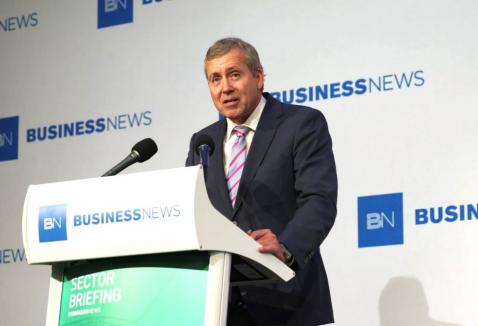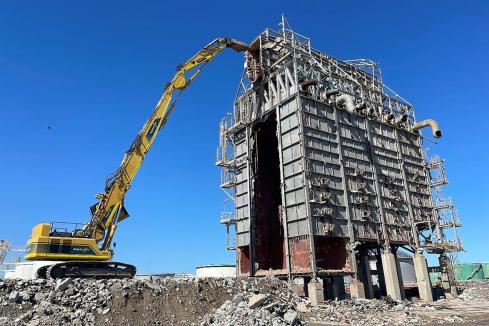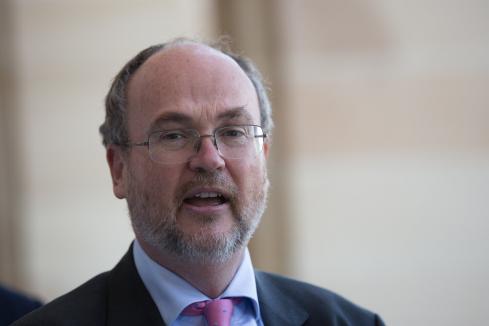The Barnett government is in a catch-22 position ahead of the 2017 state election, needing to get the books in order without alienating voters.

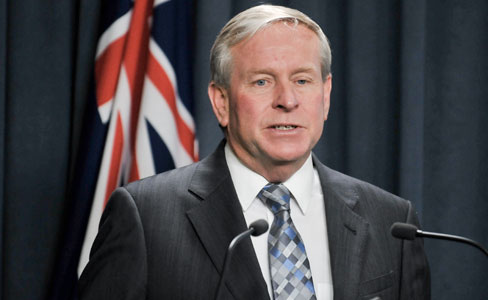
Premier Colin Barnett was quick to distance himself from the issues that led to the massive vote against the Liberal National Party in Queensland –particularly on the subject of privatisation.
The premier noted that, while his government too had a privatisation agenda, it was far more modest than had applied in Queensland. And unlike that state, the government in Western Australia was not planning to sell major state utilities. However some operating concerns, as well as land, have been earmarked for sale.
Nevertheless, the vote that swept Queensland Campbell Newman from his own seat has sent shockwaves through Australian politics. The norm used to be that virtually every government got the chance of a second term. If they were then deemed incompetent, they would be turfed out.
Now, within months of each other, first-term governments in Victoria and Queensland have been given the boot.
Not that Mr Barnett is in his first term. In fact in March 2017 he will be leading his government in a campaign for a third term. The theory is that each election gets harder to win; the fight to win a second term is harder that the first. The third is even tougher.
But the premier is in a real catch 22 position; while he might be able to explain away the privatisation impact, he is on less secure ground when it comes to containing the budget deficit. Mr Barnett is desperate to win back the AAA credit rating, but the ratings agencies want to see evidence that he and his treasurer, Mike Nahan, are committed to restore the budget to balance.
That means either raising taxes and charges to lift revenue, or cutting spending. Neither is a popular option, especially with voters in their current mood.
Meanwhile, Prime Minister Tony Abbott is trying to focus his internal party critics towards the federal election due in the second half of next year. Party infighting, as demonstrated by the Rudd-Gillard-Rudd leadership saga under Labor, is electoral poison.
State Liberal MPs won't say this on the record, but some would not shed a tear if the federal coalition were defeated.
One reason for this is the same that led to a rift between WA Labor and the federal Labor government. Remember the mining tax? It cost the party a number of seats in the state election, and helped bolster Liberal Party coffers when the mining companies waved their chequebooks.
Federal governments have a track record of not helping their state counterparts. Gough Whitlam's government damaged John Tonkin's hopes of being returned in 1974 by announcing the rejection of a planned South West aluminium smelter – in which newspaper publisher Rupert Murdoch had an interest – during the election campaign. Mr Tonkin just gritted his teeth.
And former defence minister David Johnston didn't help his South Australian allies with disparaging remarks about that state's shipbuilding capabilities only days before a state poll. Many quietly agreed with his comments, but disputed his timing.
And Mr Abbott capped it off with the knighthood for Prince Philip, creating a storm that raged through the final week of the Queensland campaign.
Should the federal Liberals lose next year, the boot could be on the other foot. It could be Labor leader Mark McGowan praying that new prime minister Bill Shorten does not commit any gaffes during the WA elections.
Not that Mr McGowan would say that, of course.
The ties have it
AL Grassby was the flamboyant minister for immigration in the Whitlam cabinet in 1972. He was colourful in every sense of the word.
His taste in clothes, especially his ties, was a constant talking point. Despite claims that he had a shady background, his appearance was often enlivened by frequent clashes in style and taste, enhanced by braces.
It was a far cry from the tone Andrew Peacock introduced when he replaced Sir Robert Menzies in 1966; he wasn't called the 'colt from Kooyong' for nothing. Smart suits, crisp white shirts and tasteful ties were the order of the day.
Don Chipp, who defected from the Liberals to form the Australian Democrats, had a spectacular taste in ties, and Paul Keating set the standard for Labor MPs in the 1980s and 1990s with his choice of Italian-styled suits and ties.
Mr Keating was following the advice of long-serving NSW Labor premier, Neville Wran, who observed: "People expect their leaders to be well dressed". And they do.
Enter Tony Abbott and Bill Shorten. Both have been criticised for lack of imagination, and that is certainly true in their dress sense, especially their ties. Why both believe that they have to stick to team colours – blue in Mr Abbott's case and red for Mr Shorten – is a mystery.
Australian politics needs leadership, and it needs colour. Mr Abbott has suggested he's turning over a new leaf after the debacle of the Prince Philip knighthood captain's pick'. A new wardrobe of smart ties would be a clear sign to voters that he's serious.





